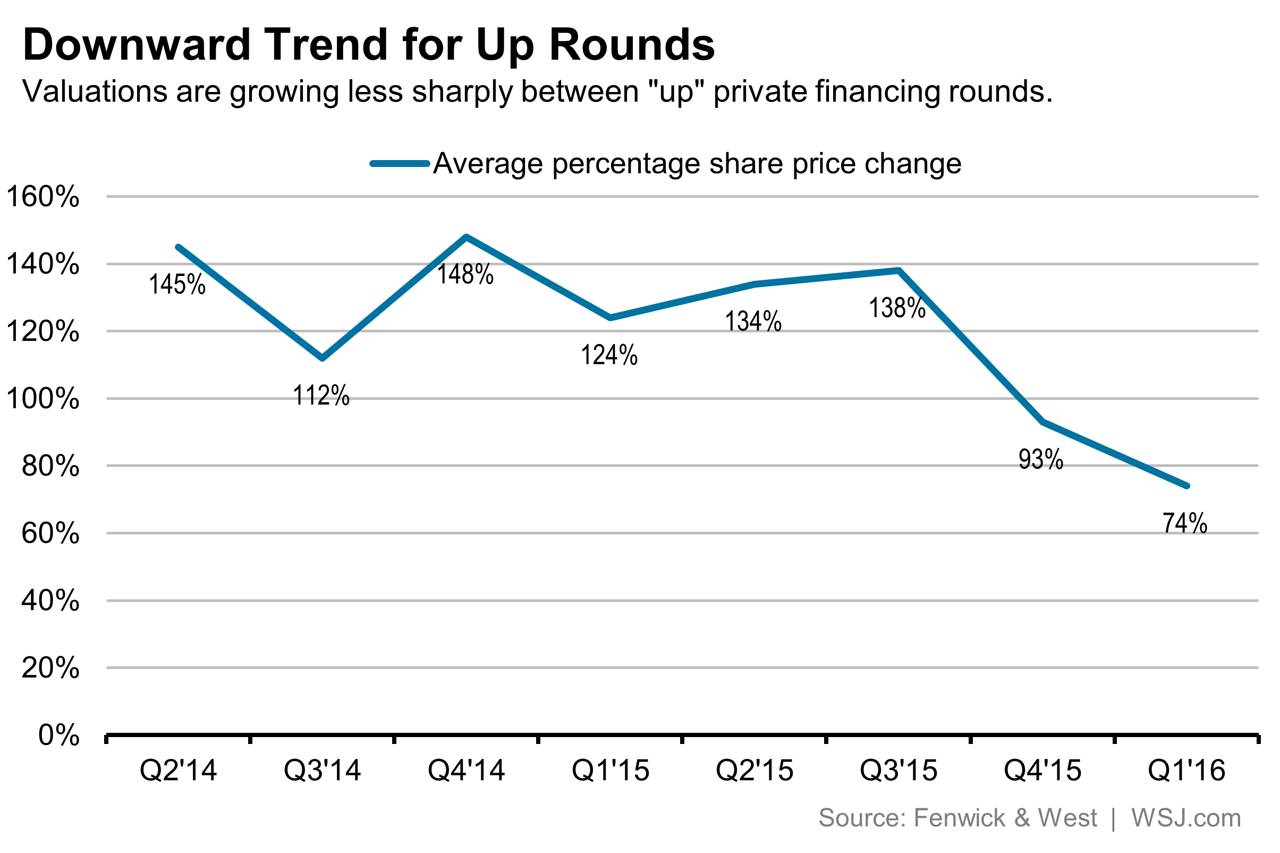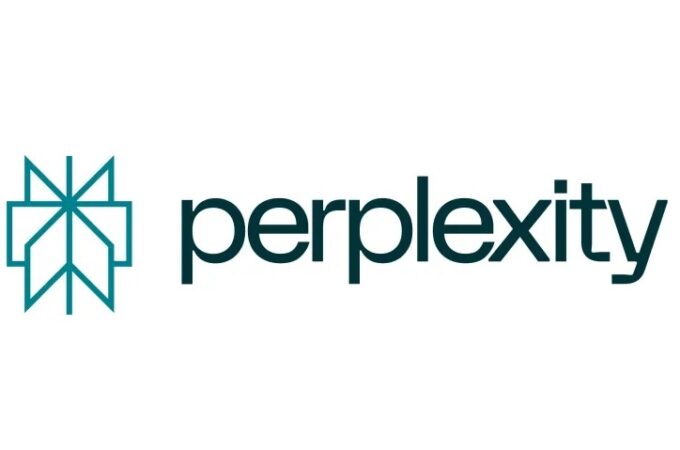
Up Rounds Aren’t As High
Venture-backed startups dread those down rounds — private financing that have slashed prices for startups such as Jawbone and DoorDash.
These financing rounds make it harder to attract and retain talent with the promise of increasing value of company equity for stock plans.
“Some of the companies that might have been facing a down round may have managed to delay a financing, or avoid a financing altogether,” said Barry Kramer, a partner at law firm Fenwick & West, which represents startups and venture capital funds.
But up rounds — private financing rounds that boost a company’s value from its previous round — aren’t what they used to be.
From the second quarter of 2014 to the third quarter of 2015, the average up round boosted the share price by more than 100% — meaning companies could expect to see their shares more than double in value when they raised a new round, according to a study by Fenwick & West. But the average magnitude of an up round has plunged, hitting 74% in the first quarter of this year.
Up rounds themselves are becoming a bit less common, but remain the norm. Of venture capital financing done in the first quarter of 2016, 78% were up rounds, according to the study.
Down and flat rounds are on the rise. Down rounds made up 11% of financing done in the first quarter, triple their frequency in the third quarter last year. On average, these rounds wrote down the company’s share price by about 50%. Flat rounds made up another 11%, according to the study.
But the funding climate may be even tougher than this data suggests, since it doesn’t include companies that avoided raising a new round, said Mr. Kramer, who co-wrote the study. The number of venture capital deals done in the first quarter hit a four-year low, according to data from Dow Jones VentureSource.
First appeared at WSJ VC




